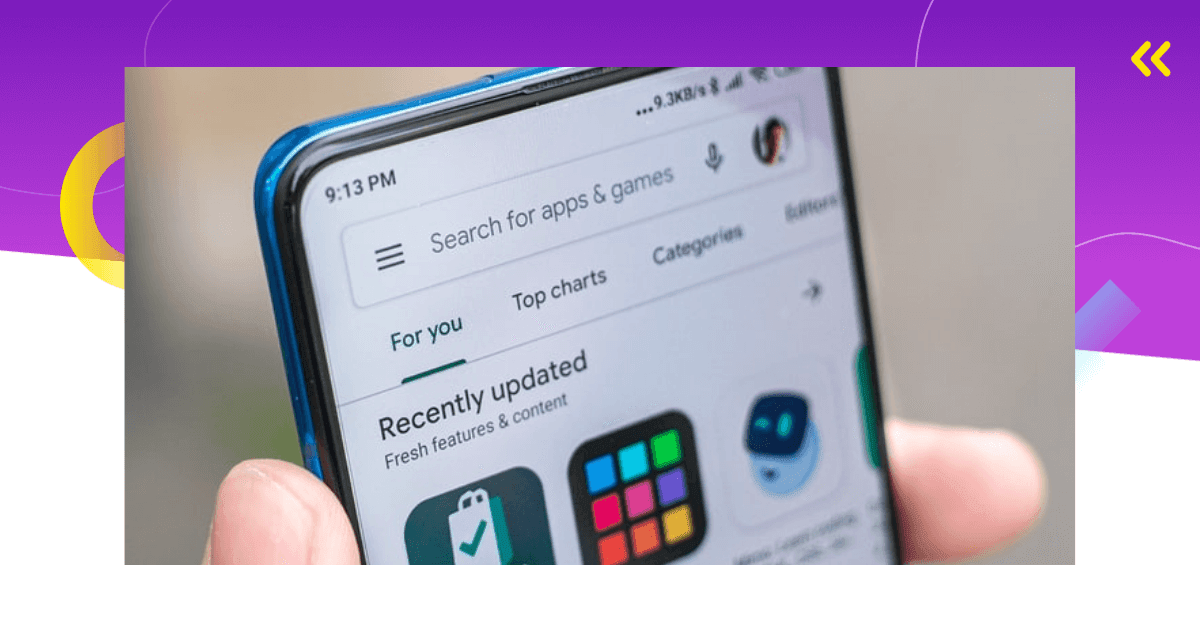Facebook is still in the spotlight following the Cambridge Analytica scandal in 2018. Since then, Facebook invested a lot of effort in overcoming security and privacy issues and improving the existing tools.
With the new European Parliament Elections on the horizon, Facebook has been making big changes to the way political ads will be displayed on this social media network.
We wrote about big changes Facebook rolled out at the beginning of this year, and one of them was “Why am I seeing this” feature. With the new feature, users can find out how a brand got their contact information. The increased level of transparency will help users to have a better understanding of how advertising on Facebook works.
Changes for advertisers
To prevent abuse, all EU advertisers will need to be authorized in their country to run ads related to the European Parliamentary Elections.
“Advertisers will be asked to submit documents and use technical checks to confirm their identity and location. We will be using a combination of automated systems and user reporting to enforce this policy. We recognize that some people can try and work around any system but we are confident this will be a real barrier for anyone thinking of using our ads to interfere in an election from outside of a country.”
Richard Allan, VP Global Policy Solutions at Facebook
Facebook Ads Library
According to Facebook, many people expressed an interest in getting information about the ads run by political campaigns. That is why Facebook has rolled out the new and updated Facebook Ads Library.

This tool will be especially useful to election regulators, but also to anybody doing market or competitor research.
Facebook will keep the ads in the library for 7 years, and you’ll be able to see information about the number of times the ad was viewed, and demographics about the audience including age range, location, and gender.
It is obvious that Facebook is trying to make amends for all the scandals in the past year.
New restrictions will require advertisers to disclose who “paid for” the ad. Advertisers in the EU27 will be able to register for verification from Friday, with verification becoming mandatory in mid-April.
All the political ads published in the EU will be available in the new Ad Library. This information will also be available under the new “Page Transparency” section in Pages’ homes.
New ads will be added to the Facebook ads library daily instead of weekly.
But why should I care?
Okay, maybe you’re not directly affected by this change. If you’re not looking to buy political ads in the EU region, you might think that nothing is changing for you.
But Facebook Ads Library gives you access to all active ads, even ones that may not have been shown to you because you weren’t a part of the advertisers’ targeted audience.
In March 2019, Facebook introduced a new and updated Ad Library to make it easier to learn about all the ads and the Pages that run them.

Facebook Ads Library includes:
- An option to see all the active ads any Page is running
- More information about Pages in the library
- Advertiser spend information for ads related to politics
- Improved search in the library
- Ability to report ads from within the library
With the improved Facebook Ads Library, you are able to find out when was the page created, was it merged with some other page or if the name was previously changed.
You can also see the primary location of people who manage the page.
We can also see more info about each specific ad.
One of the subsequently added features to the Facebook ads library is a potential reach metric. How big the potential reach for an ad is going to be will depend on selected targeting and ad placement. With this feature, you are able to sort ads by potential influence and get better campaign understanding. This metric is changeable over time, and how many people the campaigns will actually reach will depend on various factors like performance and budget.

How to use Facebook Ads Library for ?
The first step in mastering the UA process is understanding your audience. Knowing who your potential users are and understanding what they WANT from your app or game is what enables you to go out there and efficiently acquire users, at scale. Going into UA without understanding who you’re going after is not called UA, it’s called gambling.
Now, I also know that this is something that might not be so obvious or simple to understand, especially for someone who doesn’t come from a marketing background.
So I’ll give you a quick workaround that will help you kickstart your learning process.
So what’s the quickest way to do it? Competitor research.
Competitor research
Every man in the business, whether he’s a developer, marketer or a studio owner has a couple of companies he looks up to.
In hyper-casual space, everybody’s heard of Voodoo, Ketchapp, Lion, TastyPill, GoodJob Games… In casual, those would be King or Zynga.
The list is going to be different for every app store category, but every category has some market leaders.

In a sense, these market leaders are your main competitors. You can’t really compete with them, as they’re well funded, have access to resources and relationships which you can’t get, but nothing stops you from looking into how they do (as it obviously works). Facebook Ads Library gives you insight into the best practices of your competition.
The first step in competitor research is creating a list of competitors. After that, find their ads and collect useful information. Sort the competitors’ ads by using filters to get more specific insights. That includes filtering them by country, impression recency and ad platform. After that, it’s time to collect valuable information from their ads.
Some of the most significant insights you can gain from competitor research in Facebook Ads Library are:
- Which of their ads have the most impressions
- Which ad formats are they using
- Are they performing A/B tests
- How do they communicate with their target audience
- What are their longest-running ads
- Which trends are they embracing
Furthermore, check the competitors’ funnels. Feel free to click their ads to see where it leads you. Think about what makes their landing page different from yours and what kind of features they included.
With all of this competitor information in place, you will be able to create more competitive and better-targeted ads for your campaigns.
To sum up:
Facebook has been rolling out plenty of updates, all to change the bad reputation following the Cambridge Analytica scandal in 2018, and the backlash after the presidential elections in the USA.
These changes are closely connected to the European Parliamentary elections coming later this year, but this tool will also be beneficial to anybody who is creating ads on Facebook or just want a better understanding of ads they’re seeing on the Internet.







Comments